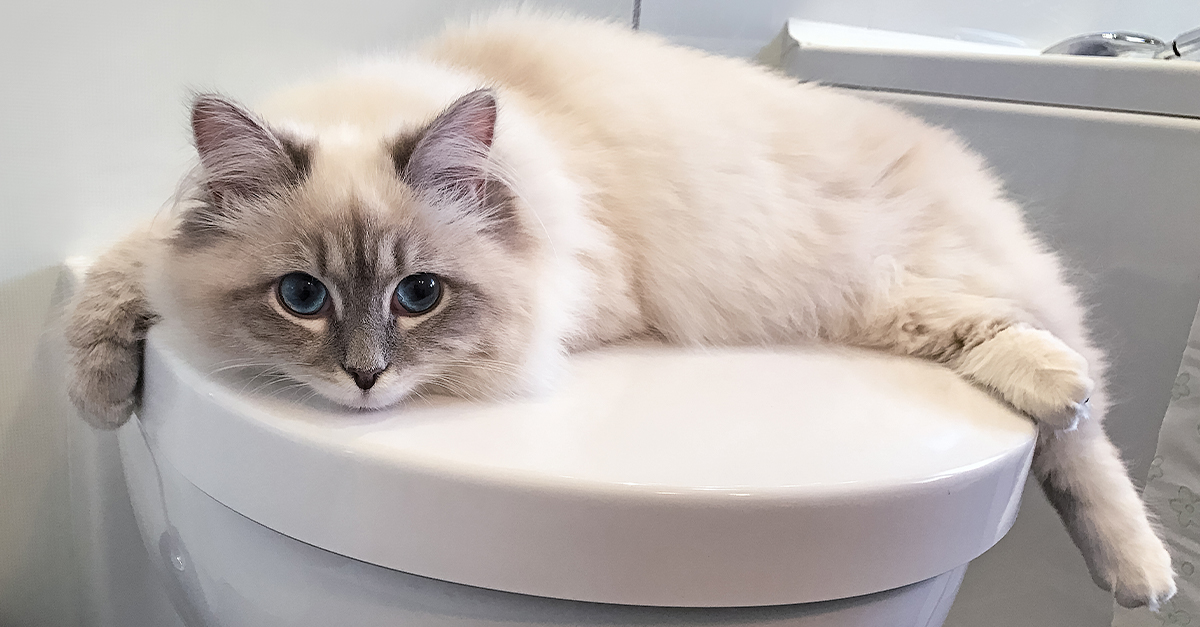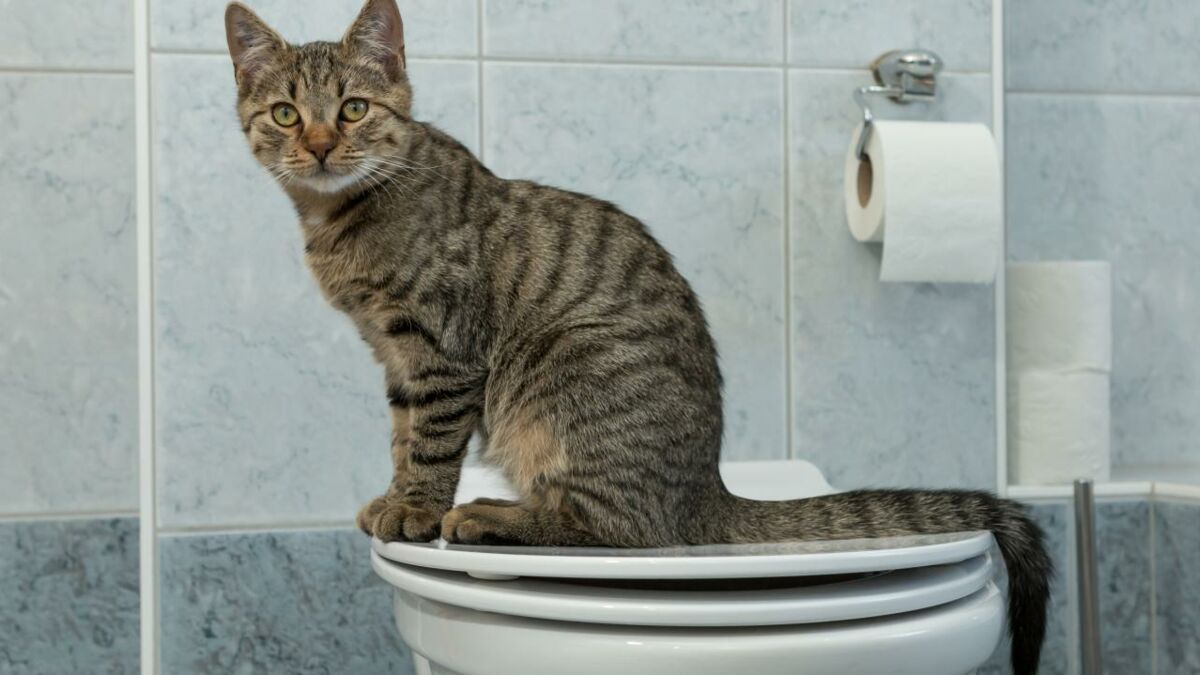Your Hazards of Animal Waste in the Toilet
Your Hazards of Animal Waste in the Toilet
Blog Article
Here down the page you can find a bunch of extremely good content regarding 4 Reasons Why Dog Poop Cleanup is Important.

When it involves disposing of waste, especially animal waste, many people typically turn to the practical option of flushing it down the toilet. However, this apparently very easy option can have major consequences for the setting and public health. In this post, we'll discover why flushing animal waste down the toilet is a negative idea and provide different techniques for correct disposal.
Intro
Proper waste disposal is essential for maintaining ecological sustainability and public health. While it may appear harmless to flush animal waste down the bathroom, it can result in different concerns, both for the atmosphere and human wellness.
Risks of flushing pet waste
Ecological influence
Purging animal waste presents unsafe microorganisms and microorganisms right into waterways, which can adversely influence aquatic ecological communities. These pathogens can pollute water resources and harm marine life, interfering with fragile ecosystems.
Public health issues
Animal waste includes damaging microorganisms such as E. coli and Salmonella, which can posture significant health risks to humans. Flushing pet waste down the toilet can pollute water supplies, resulting in the spread of diseases and infections.
Alternatives to flushing
Instead of flushing pet waste down the bathroom, there are several different disposal approaches that are much more eco-friendly and hygienic.
Composting
Composting pet waste is a green method to get rid of it. By composting, organic matter is broken down right into nutrient-rich soil, which can be made use of to fertilize yards and plants.
Garbage dump disposal
Dealing with pet waste in a landfill is another choice. While not as environmentally friendly as composting, it is a much safer choice to flushing, as it avoids the contamination of water sources.
Family pet garbage disposal systems
There are specialized family pet garbage disposal systems available that securely and hygienically dispose of animal waste. These systems commonly make use of enzymes to break down waste and eliminate odors.
Steps to appropriate pet garbage disposal
To ensure proper disposal of animal waste, follow these actions:
Scooping and nabbing waste
Regularly scoop and bag animal waste utilizing naturally degradable bags. This prevents waste from contaminating the environment.
Using designated waste containers
Dispose of bagged pet waste in marked waste containers, such as garden compost bins get more info or landfill bins. Stay clear of flushing it down the commode in any way expenses.
Cleaning litter boxes and pet dog locations frequently
Frequently clean litter boxes and pet dog areas to prevent the build-up of waste and germs. Usage pet-safe cleansing products to keep hygiene.
Advantages of proper disposal techniques
Embracing proper disposal approaches for animal waste supplies several advantages:
Decreased environmental pollution
Correct disposal methods minimize the threat of environmental pollution, safeguarding rivers and communities from contamination
Decreased risk of water contamination.
By preventing flushing pet waste down the commode, the risk of water contamination is considerably minimized, guarding public health.
Improved sanitation and hygiene
Appropriate disposal approaches promote better sanitation and hygiene, creating a safer environment for both humans and animals.
Conclusion
In conclusion, flushing pet waste down the toilet is hazardous to the environment and public health. By adopting alternative disposal approaches and adhering to appropriate waste administration practices, we can minimize the adverse effect of animal waste and add to a cleaner, much healthier world.
What To Do With Dog Poo – The Do's And Don'ts Of Disposing Of Faeces
Dog poo bins
Some councils provide dedicated dog waste bins in popular dog-walking areas that can take dog poo that has been bagged but you can legally dispose of dog waste in any public litter bin, as long as it is securely bagged. This also applies to your wheelie bin at home.
Do not flush
Water companies do not recommend flushing dog faeces down the toilet because certain parasites can survive the water processing treatment and are potentially harmful to humans. You should also never consider flushing dog poo that has been bagged down the toilet as the bags will not break down and instead create severe blockages in the sewage system.
In the woods
The Forestry Commission promotes a ‘stick and flick’ method for dealing with waste in the woods. This means finding a stick and using it to flick any poo from off the path so that it is out of the way of other walkers. You could also bury it as long as it is not in an area where there might be livestock.
Livestock
Parasites found in dog poo can be transmitted to livestock if they inadvertently eat infected faeces that has been left on grazing land. This could result in the death of sheep or abortion in cattle so you should always make sure you pick up your dog’s waste in fields where livestock could be present.

Frequently clean litter boxes and pet dog areas to prevent the build-up of waste and germs. Usage pet-safe cleansing products to keep hygiene.
Advantages of proper disposal techniques
Embracing proper disposal approaches for animal waste supplies several advantages:
Decreased environmental pollution
Correct disposal methods minimize the threat of environmental pollution, safeguarding rivers and communities from contamination
Decreased risk of water contamination.
By preventing flushing pet waste down the commode, the risk of water contamination is considerably minimized, guarding public health.
Improved sanitation and hygiene
Appropriate disposal approaches promote better sanitation and hygiene, creating a safer environment for both humans and animals.
Conclusion
In conclusion, flushing pet waste down the toilet is hazardous to the environment and public health. By adopting alternative disposal approaches and adhering to appropriate waste administration practices, we can minimize the adverse effect of animal waste and add to a cleaner, much healthier world.
What To Do With Dog Poo – The Do's And Don'ts Of Disposing Of Faeces
Dog poo bins
Some councils provide dedicated dog waste bins in popular dog-walking areas that can take dog poo that has been bagged but you can legally dispose of dog waste in any public litter bin, as long as it is securely bagged. This also applies to your wheelie bin at home.
Do not flush
Water companies do not recommend flushing dog faeces down the toilet because certain parasites can survive the water processing treatment and are potentially harmful to humans. You should also never consider flushing dog poo that has been bagged down the toilet as the bags will not break down and instead create severe blockages in the sewage system.
In the woods
The Forestry Commission promotes a ‘stick and flick’ method for dealing with waste in the woods. This means finding a stick and using it to flick any poo from off the path so that it is out of the way of other walkers. You could also bury it as long as it is not in an area where there might be livestock.
Livestock
Parasites found in dog poo can be transmitted to livestock if they inadvertently eat infected faeces that has been left on grazing land. This could result in the death of sheep or abortion in cattle so you should always make sure you pick up your dog’s waste in fields where livestock could be present.

We had been made aware of that report on Don't Flush Your Pets Poo Down The Loo, Vet Warns through an associate on a different web address. Sharing is caring. Helping others is fun. Thanks for your time invested reading it.
Course Detail Report this page